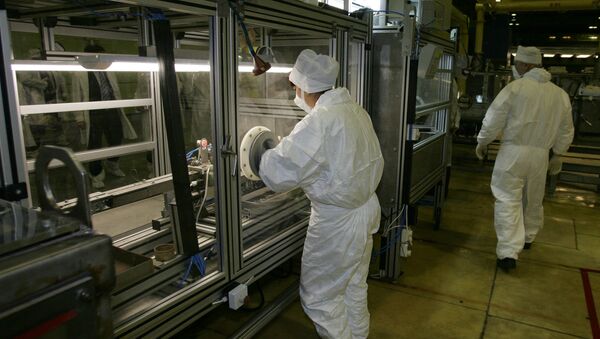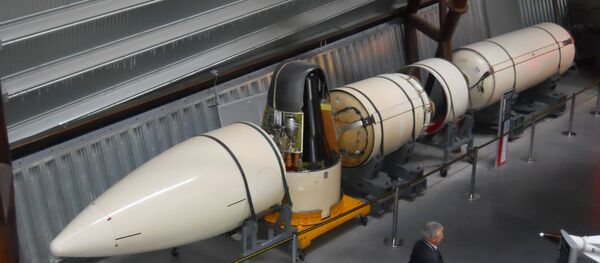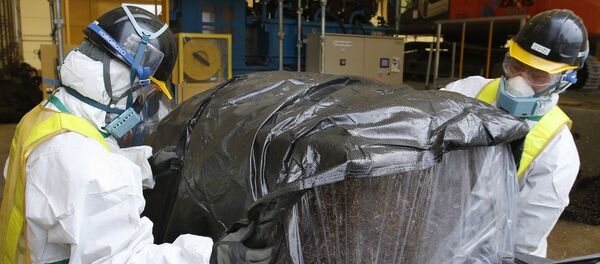The Vienna Conference aims to underline the risks associated with deliberate or accidental nuclear weapons use, the impact on health, environment, food and other consequences, as well as to give an overview of international law on the subject.
The conference will be the third in a series if high level gatherings held over the past few years. The initiative was launched in 2013, with a conference in Oslo attracting 127 states. This March a conference in Mexico was attended by 146 countries.
The five permanent members of the UN Security Council, the officially recognized owners of nuclear weapons, China, Russia, the United States, the United Kingdom and France, have not previously participated, though they are invited. This time, Washington announced a U-turn saying that the US officials will attend the conference in Vienna.
"Following a careful review of the agenda, as well as discussions with the conference host Austria, the United States concluded there were real prospects for constructive engagement with conference participants," the US State Department said in a statement.
The United Kingdom will also attend the conference, following pressure the government has recently faced for ignoring the conference.
"We have decided to accept Austria's invitation to attend the Vienna conference on the humanitarian impact of nuclear weapons on 8 and 9 December. We will be represented by Mrs. Susan le Jeune, the UK ambassador to Austria and permanent representative to the International Atomic Energy Agency," Foreign Secretary Philip Hammond said last week.
London has declined to attend the conference in the past, explaining that the conference's objectives remain "unclear" and indicating this lack of clarity is why P5 nations have not previously attended.
The Vienna Conference on the Humanitarian Impact of Nuclear Weapons is being held at Austrian capital's Hofburg Palace on December 8-9.



